Dopamine Detox - How I Tricked My Brain To Like Doing Hard Things
Last updated: May 28, 2023
The video discusses how dopamine affects motivation and how to trick the brain into liking doing hard things through a dopamine detox.
The video discusses how dopamine, a neurotransmitter often considered a pleasure molecule, plays a key role in motivation. The video explains that any activity where there is a potential reward releases dopamine, and if an activity releases too little dopamine, there won't be much motivation to do it.
The video also discusses how our digital society floods our brains with unnaturally high amounts of dopamine on a daily basis, which can lead to addiction and harm our bodies biologically. The video suggests a dopamine detox, which involves taking a break from high dopamine activities to reset the brain and increase motivation for difficult tasks.
- Dopamine is a neurotransmitter that motivates us and creates cravings for rewards.
- High dopamine behaviors include social media, video games, and internet pornography.
- A dopamine detox involves abstaining from high dopamine behaviors to reset the brain's priorities.
- Tricking the brain to like doing hard things involves breaking down tasks and creating a reward system.
- Dopamine follows homeostasis and developing a tolerance can make it difficult to motivate oneself.
- A dopamine detox involves avoiding all sources of external pleasure for a day.
- Performing a dopamine detox can lead to radical results, but drug addicts should seek professional help.
How I Tricked My Brain To Like Doing Hard Things (dopamine detox) - YouTube
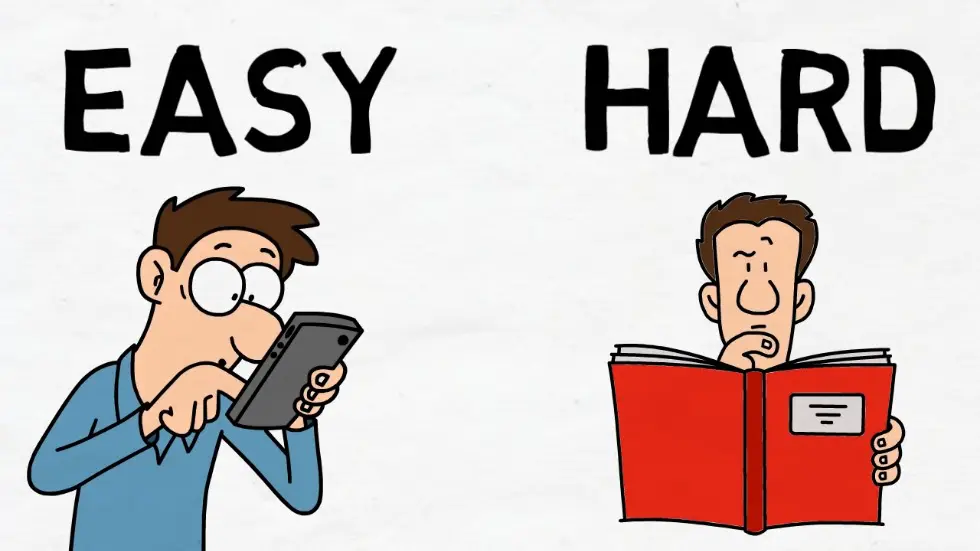
The Power of Dopamine
- Dopamine is a neurotransmitter that makes us desire things and gives us motivation.
- Experiments on rats show that dopamine can create a strong craving for rewards.
- If an activity releases too little dopamine, we won't have much motivation to do it.
- Behaviors that release dopamine include any activity where there is a potential reward.
- Our brains develop priorities based on how much dopamine it's expecting to get.
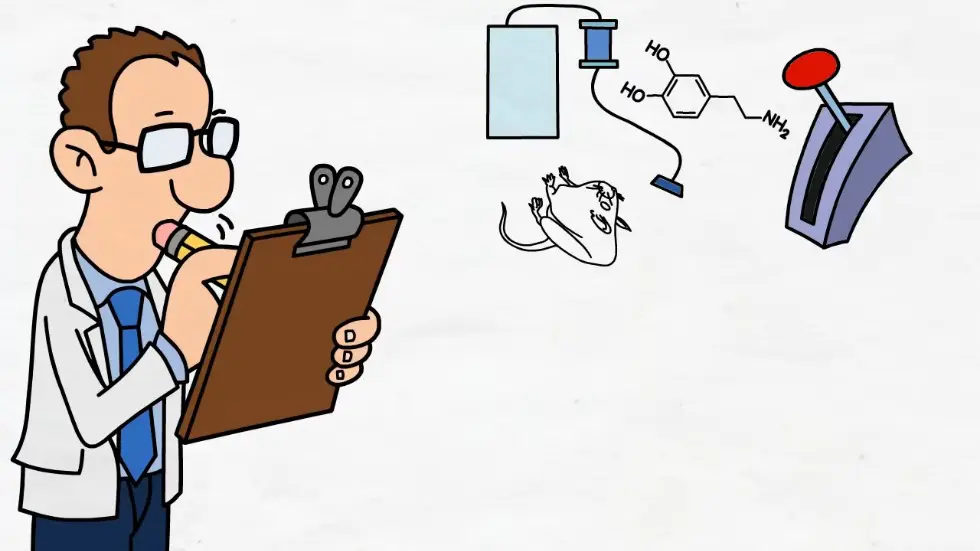
The Effects of Dopamine in Humans
- Our brains release dopamine when we anticipate a potential reward.
- If an activity releases a lot of dopamine, we'll be motivated to repeat it over and over.
- Even drinking water when you're thirsty releases dopamine, but the highest release happens when you get a reward randomly.
- High dopamine behaviors include scrolling through social media, playing video games, and watching internet pornography.
- We're becoming like those rats pulling the lever trying to get a new dopamine hit.
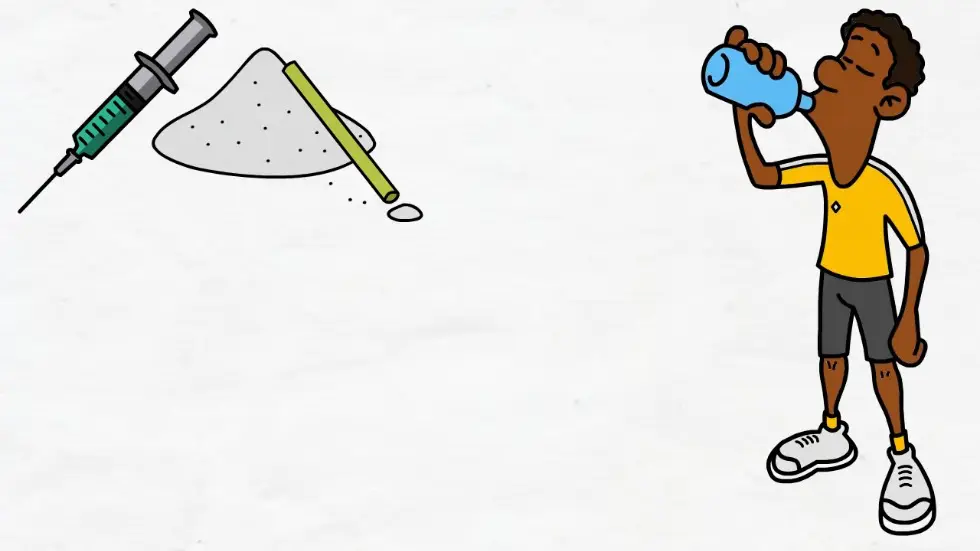
The Need for a Dopamine Detox
- Our constant exposure to high dopamine behaviors can lead to addiction and a lack of motivation for productive activities.
- A dopamine detox involves abstaining from high dopamine behaviors for a period of time.
- During a dopamine detox, the brain can reset its priorities and become more motivated for productive activities.
- A dopamine detox can be challenging, but it can lead to long-term benefits.
- It's important to replace high dopamine behaviors with productive activities during a dopamine detox.
How I Tricked My Brain To Like Doing Hard Things (dopamine detox) - YouTube
Tricking the Brain to Like Doing Hard Things
- Our brains can associate productive activities with low dopamine release, making them less appealing.
- By abstaining from high dopamine behaviors during a dopamine detox, we can reset our brain's priorities and make productive activities more appealing.
- Breaking down difficult tasks into smaller, more manageable tasks can make them less daunting.
- Creating a reward system for completing tasks can release dopamine and make productive activities more appealing.
- Consistency is key in tricking the brain to like doing hard things.
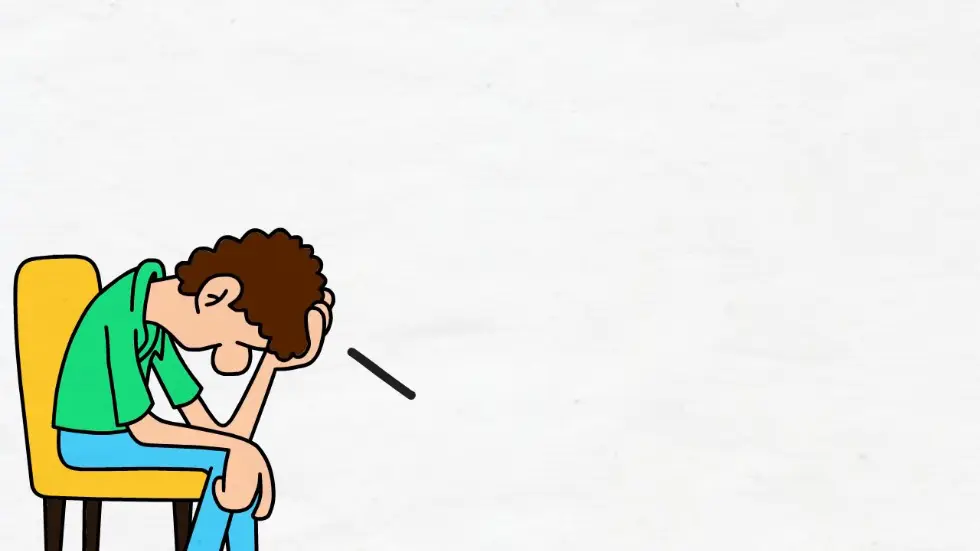
Homeostasis and Tolerance
- Homeostasis is a system that maintains internal physical and chemical conditions at a balanced level.
- Our body adapts to imbalances, such as shivering when it's cold or sweating when it's hot.
- Homeostasis also manifests through tolerance, such as developing a tolerance to alcohol.
- Dopamine also follows homeostasis, so the brain down-regulates dopamine receptors when there are high levels of dopamine.
- Developing a dopamine tolerance can make it difficult to motivate oneself to do low dopamine activities, such as studying or working.
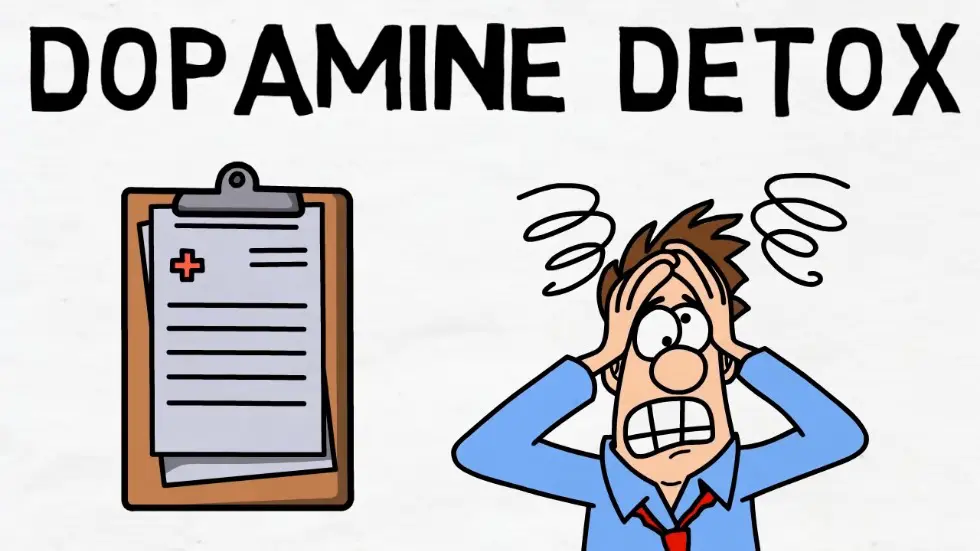
Dopamine Tolerance and Addiction
- People tend to prefer high dopamine activities, such as playing video games or browsing the internet, over low dopamine activities.
- Drug addicts and people addicted to video games, social media, or internet pornography experience a dopamine tolerance.
- Performing a dopamine detox can help prevent a dopamine tolerance.
- A dopamine detox involves avoiding highly stimulating activities for a day to let dopamine receptors recover.
- Drug addicts should seek professional help instead of performing a dopamine detox.

The Dopamine Detox
- A dopamine detox involves avoiding all sources of external pleasure for a day.
- Activities to avoid include using the internet, listening to music, masturbating, and eating junk food.
- Activities to do include going for a walk, meditating, reflecting on life and goals, and writing down ideas on paper.
- A dopamine detox works by starving the brain of pleasure, making less satisfying activities more desirable.
- A smaller dopamine detox involves refraining from one high dopamine behavior for a day each week.
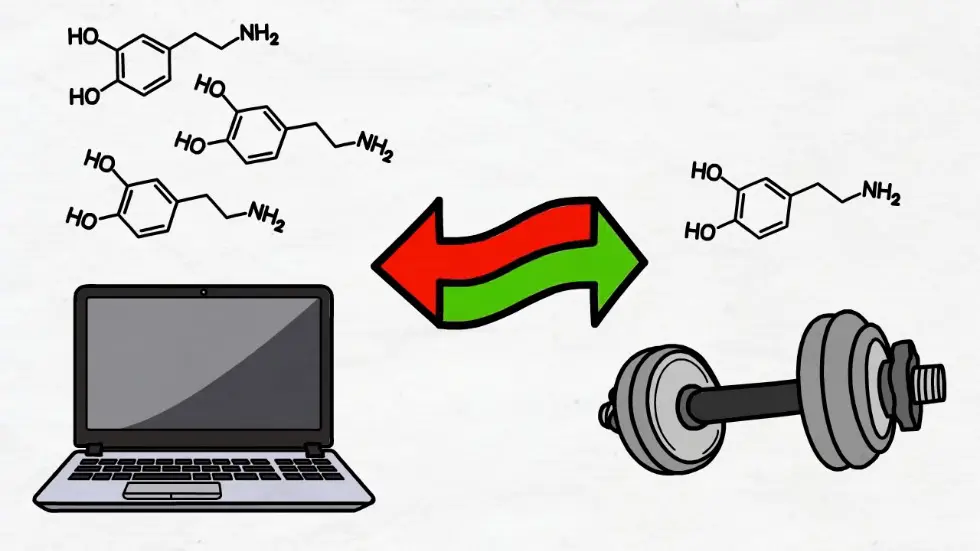
What we have learned so far
- Performing a dopamine detox can help trick the brain into liking doing hard things.
- By avoiding highly stimulating activities, the brain can recover dopamine receptors and make low dopamine activities more enjoyable.
- A dopamine detox can be intense, but it can lead to radical results.
- People who are addicted to drugs should seek professional help instead of performing a dopamine detox.
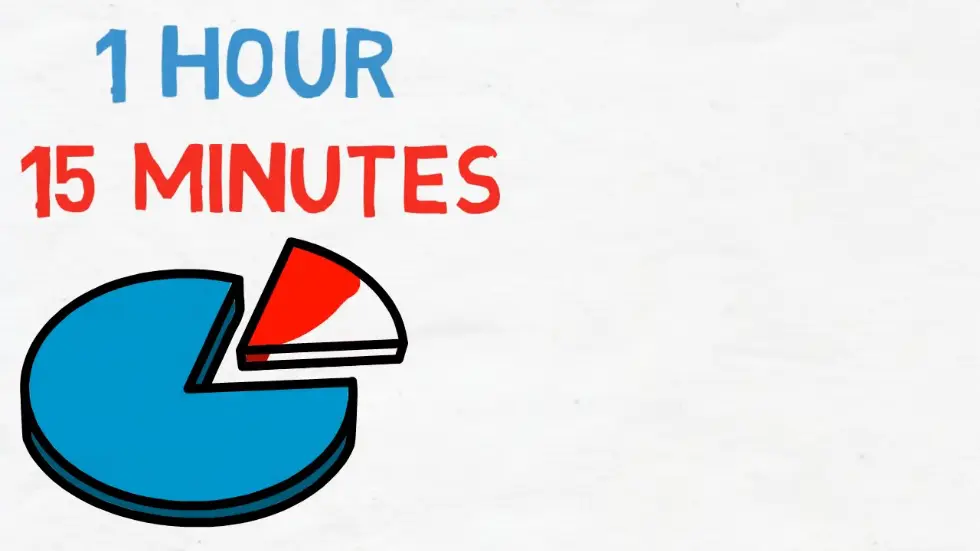
The Importance of Dopamine Detox
- Avoid high dopamine activities for one day a week to let dopamine receptors recover.
- Boredom can propel you to do other things that you would normally put off.
- Avoid high dopamine behavior as much as possible and connect more dopamine to things that will benefit you.
- Use high dopamine activities as a reward for completing difficult work.
- Start with difficult things and then allow yourself to indulge in high dopamine activities.
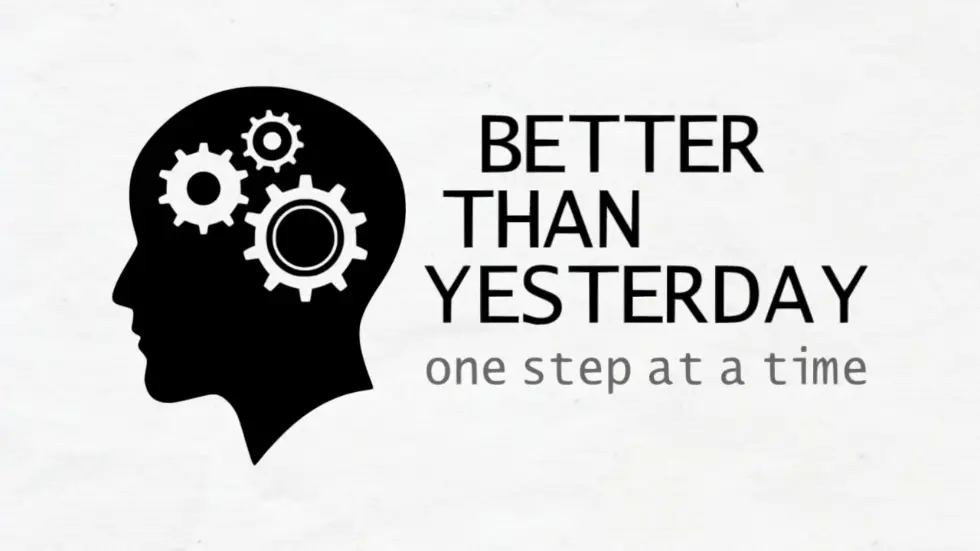
How to Implement a Dopamine Detox
- Track all the difficult low dopamine work you do.
- Reward yourself with high dopamine behavior after completing a certain amount of low dopamine work.
- Don't treat damaging behavior as a reward.
- Control addiction by limiting phone and computer usage and other high dopamine releasing behavior.
- Dopamine detoxing your brain will make normal everyday low dopamine activities exciting again.
How I Tricked My Brain To Like Doing Hard Things (dopamine detox) - YouTube
Read also:
- Dr. Andrew Huberman - Dr Jordan B Peterson - Neuroscience Meets Psychology | | EP 296 (mindbrave.com)
- 10 Years of Low Heart Rate Training: Lessons From Running 17,000 Miles (mindbrave.com)
